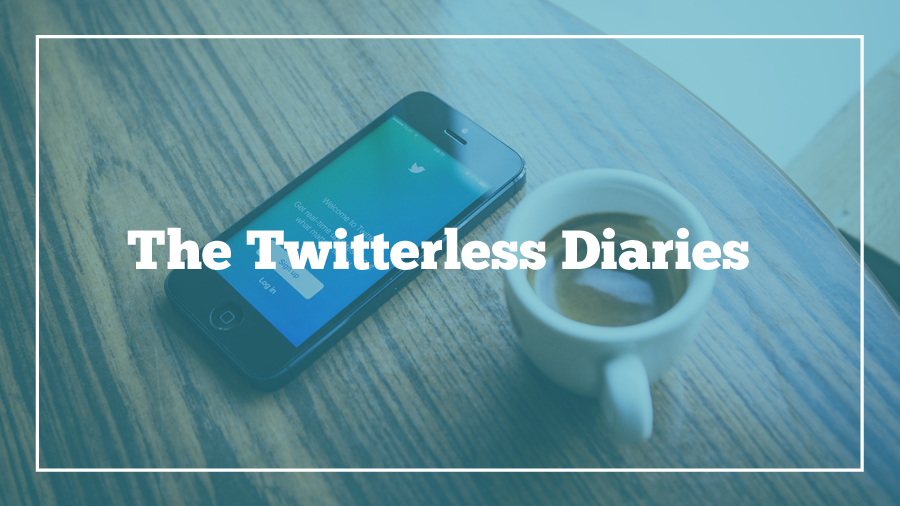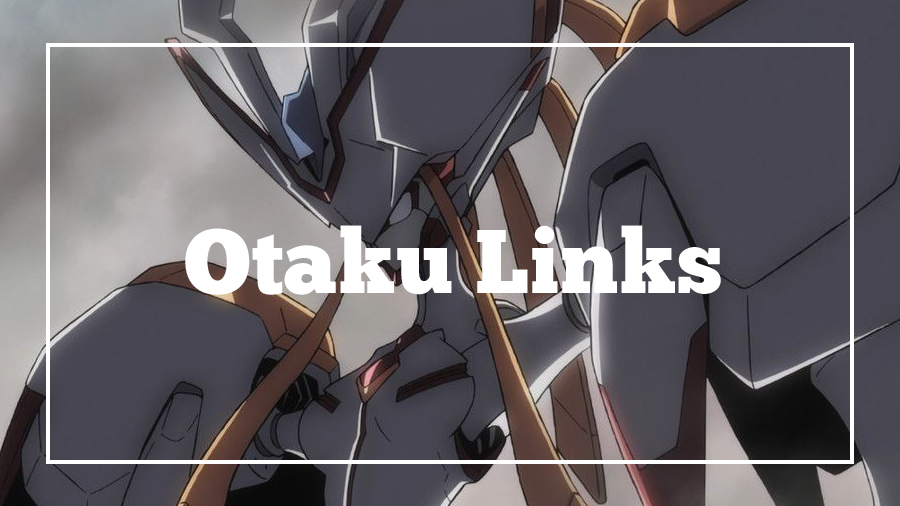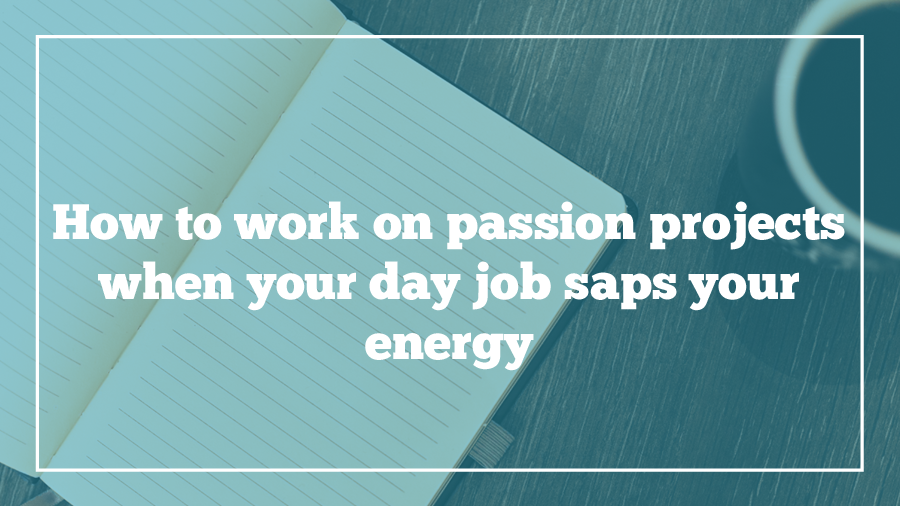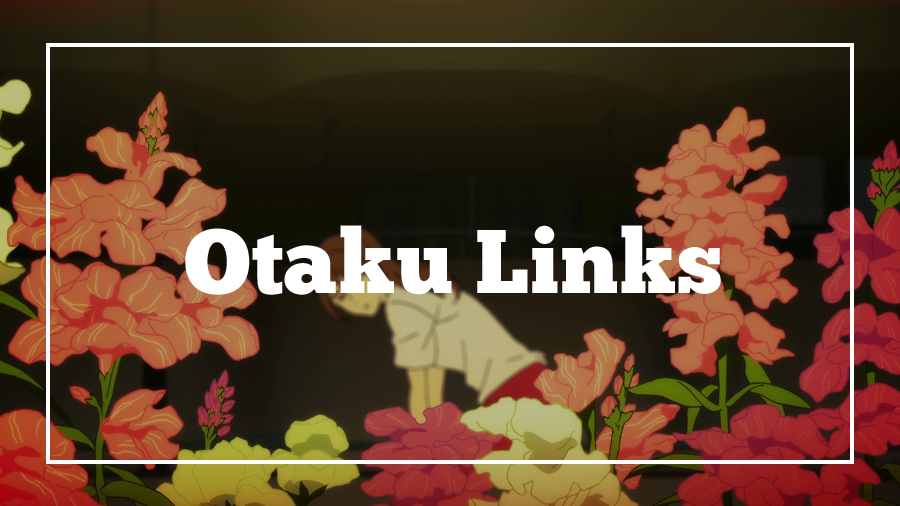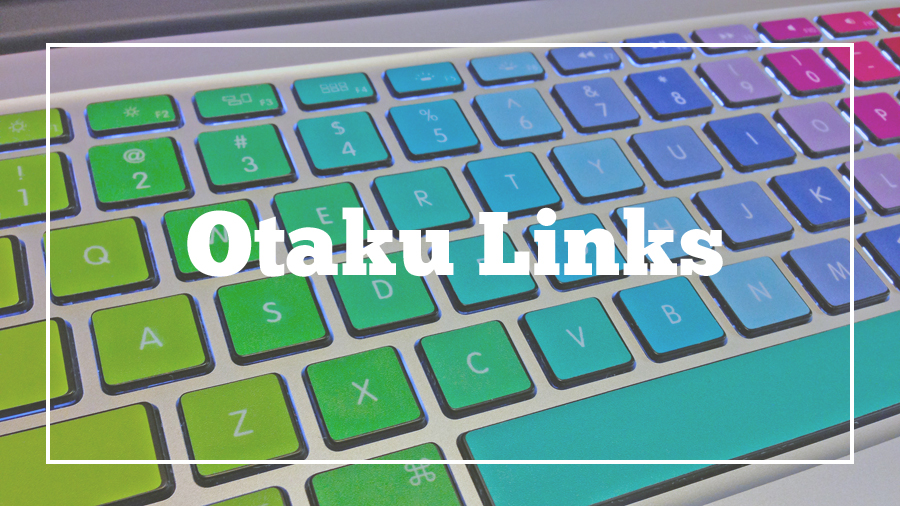
I’ve been writing these Otaku Links roundups since 2009. The oldest one you can still read is from December 23, 2010. (I made a lot of my older work private because I am not sure if I still stand behind it and frankly haven’t checked.) The question is, are you still reading them?
Now that I’ve quit Twitter, I’m finding it harder than ever to find links for Otaku Links. I tend to find my links from better link roundups, like Anime Feminist and The Rec Center. Chances are that’s where you’re most likely to get your links as well. Because there sure weren’t more than 50 people reading each Otaku Links post I’ve put up in 2017. (That is, with the rare and hilarious exception of Otaku Links: If I say “Devilman” will you click on this?)
Otaku Links isn’t hard to write, which is probably why I never questioned it until now. That said, it requires a little bit of my mental energy every day that I could be using to do other things, and the benefits to me or my readers are few and far between. (One possible benefit: I am the first Google result for “otaku links,” not that anyone has ever Googled that phrase before now.)
The question is, what happens next?
Blogging has changed so much in nine years and sometimes—for years, even—I’m just on autopilot doing the same things I have always done without stopping to wonder why I’m doing them. Even blogging is one of those things I need to think about.
I rarely even read blogs anymore, but I jump at the chance to subscribe to a new newsletter. Maybe you’re the same way. So I’m veering toward using the energy I use to blog here into putting out my newsletter more often, or at least more than once a quarter. But pretty soon I’ll be putting out a reader survey (if you’re subscribed to my newsletter, you already know that) to figure it out.
With all that said, here’s one last hurrah for Otaku Links:
- Darling in the FranXX is so resolute in depicting a rigid heteronormative society that it’s practically screaming that a twist is in the works. @TomAznable designed a bingo card full of possibilities.
- Hello, I’m Queer and I Like Darling in the FranXX. Even if the show has only shown us heterosexual monogamy so far, Jakiba points out how queer viewers can find value in the discussion.
- At Anime Feminist, Vrai interviewed Makoto Kageyama, a former volunteer at the “suicide forest” Aokigahara, about how to discuss mental illness respectfully in the anime community.
- I’m really enjoying their Patreon which shares behind-the-scenes reporting stories from the team. I think it’s a great model for running a news site Patreon in general.
- At Ganriki, Serdar reviews Devilman Crybaby from a seasoned film critic’s perspective.
- Also, this is most unique Devilman no Uta cover yet—a big, brassy jazz version from Platina Jazz. The translation isn’t exact, but it’s neat to hear it in English.
- There’s a Japanese movie theater with kotatsu seating. I bought my kotatsu at a Japanese furniture store in 2010 and it’s one of my favorite purchases of all time.
That’s all for now. And whether you’ve been following Otaku Links for the past nine years or this is your first one, thank you for reading.
Photo of my laptop in 2014 when I started using this photo format. (A photo of that same laptop now, on the left.)

